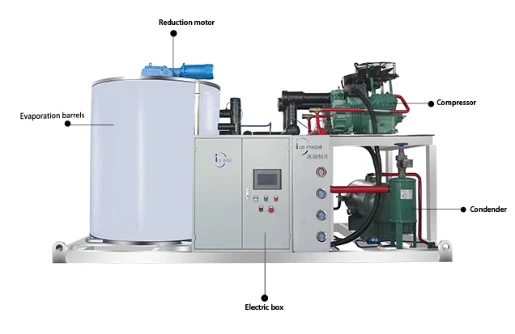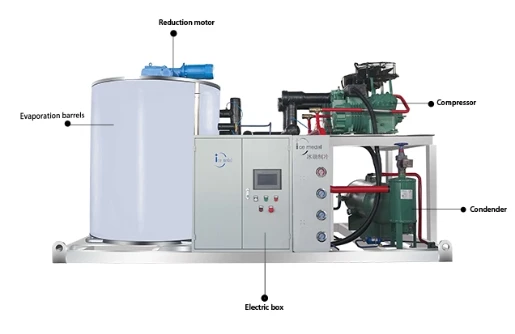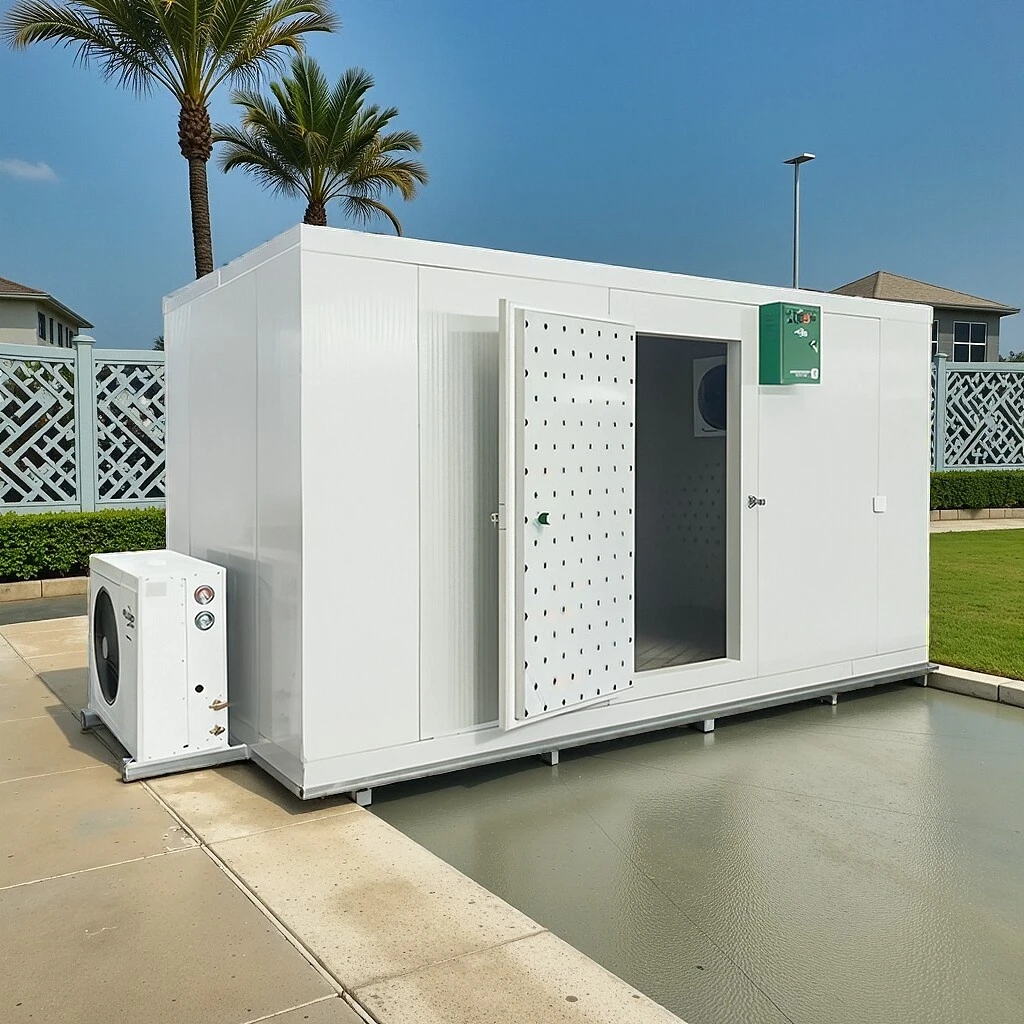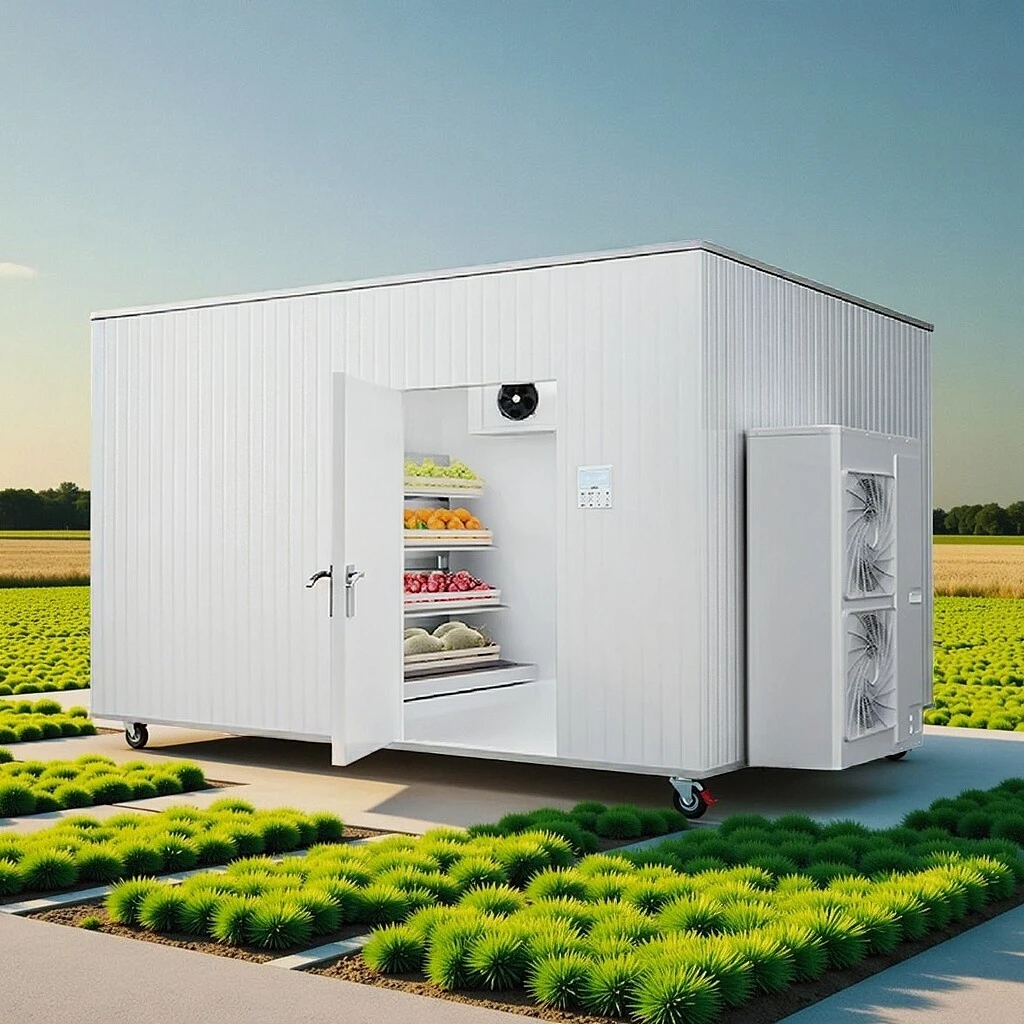Cost Analysis of Water Chiller Systems and Their Market Trends
Understanding Water Chiller System Prices
Water chillers are essential in various industrial and commercial applications, from maintaining optimal temperatures in manufacturing processes to ensuring comfortable conditions in commercial buildings. As the demand for efficient cooling solutions grows, understanding the pricing factors associated with water chiller systems becomes crucial for businesses and organizations contemplating their acquisition. This article explores the components that influence water chiller system prices, the different types available, and the importance of considering total ownership costs.
Types of Water Chillers and Their Costs
Water chillers can generally be categorized into two main types air-cooled and water-cooled chillers. Each type has distinct features and pricing structures.
1. Air-Cooled Chillers These units use air to dissipate heat and are often used in small to medium-sized facilities where installation flexibility is essential. The initial investment for air-cooled chillers typically ranges from $10,000 to $50,000, depending on the unit’s capacity and cooling requirements. They are generally more straightforward to install and do not require cooling towers, making them a popular choice for many applications.
2. Water-Cooled Chillers These systems, which use water as a cooling medium, are commonly found in larger facilities and high-capacity applications. They often offer better efficiency and performance, particularly in larger installations. The initial cost for water-cooled chillers can range from $20,000 to over $100,000, influenced heavily by the chiller's capacity, construction quality, and efficiency ratings.
Factors Influencing Prices
Several factors determine the pricing of water chiller systems, including
- Capacity The cooling capacity of the unit significantly influences its price. Higher-capacity units are necessary for larger facilities, which inherently increases costs.
- Energy Efficiency Chillers are often rated using the Energy Efficiency Ratio (EER) or Coefficient of Performance (COP). Units with higher efficiency ratings tend to cost more upfront but can lead to substantial savings in energy bills over time. Therefore, investing in a more efficient model might be economically beneficial in the long run.
water chiller system price
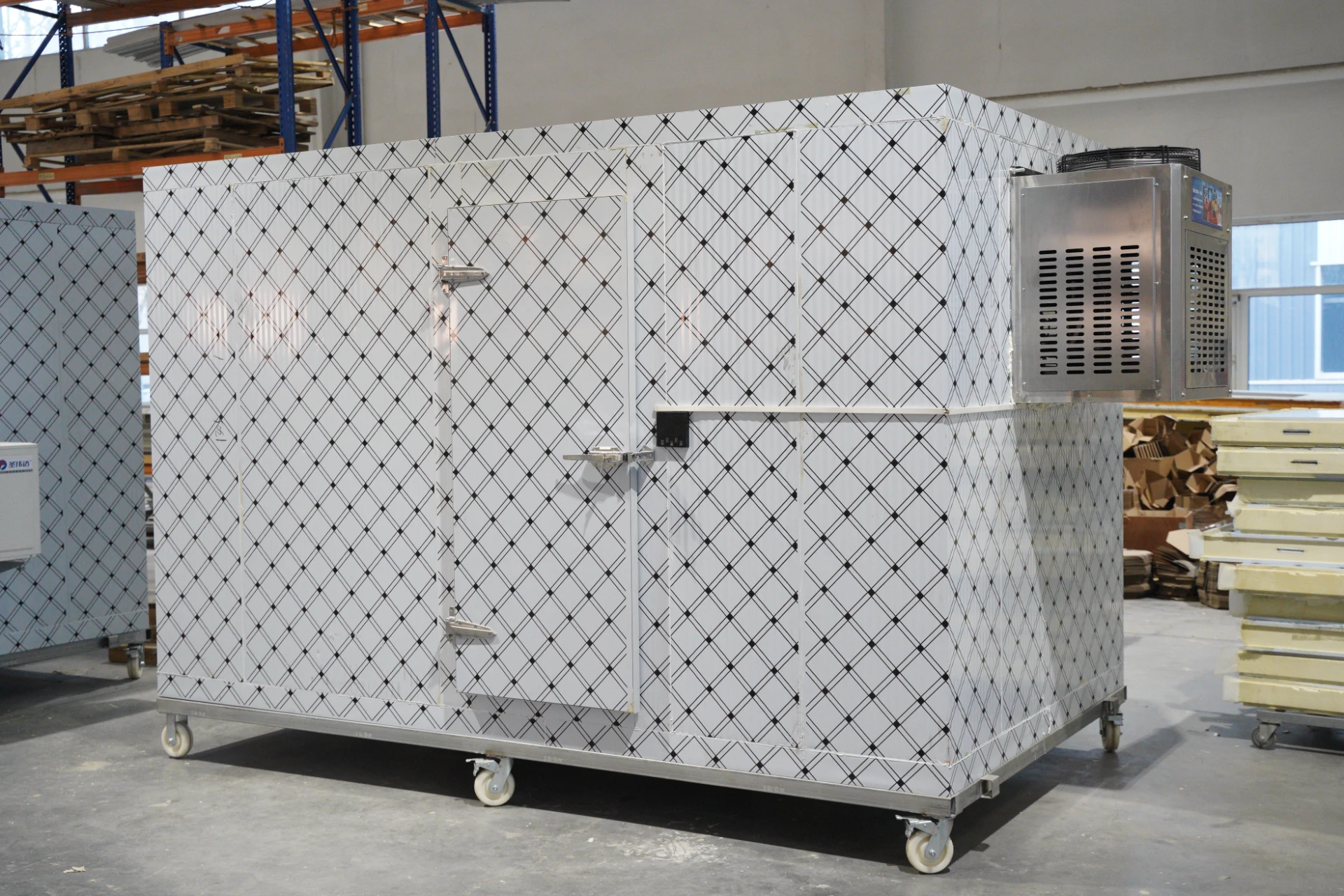
- Brand and Quality The manufacturer’s reputation plays a critical role in pricing. Established brands that have a history of reliability and performance typically command higher prices, reflecting their quality and warranty support.
- Additional Features Advanced features such as variable speed drives, smart controls, enhanced corrosion resistance, and remote monitoring capabilities contribute to the overall cost of the chiller. These features can improve efficiency and operation but come with additional price tags.
Total Ownership Costs
When considering the investment in a water chiller system, it is vital to analyze not only the initial purchase price but also the total ownership costs over the system's lifespan. This includes
- Installation Costs Installation requirements can vary significantly based on the type of chiller and facility setup. Proper installation is crucial for optimal performance and efficiency.
- Operating Costs Energy consumption is a major ongoing expense associated with running a chiller. Choosing highly efficient units can lead to significant savings over time.
- Maintenance and Repair Costs Regular maintenance is essential to ensure the longevity and efficiency of water chillers. Budgeting for ongoing maintenance and potential repairs will help prevent unexpected expenses.
Conclusion
The price of water chiller systems can vary widely based on several key factors, including type, capacity, and efficiency. For businesses looking to invest in a chiller system, it is essential to conduct thorough research and consider total ownership costs rather than just the initial purchase price. In doing so, organizations can make informed decisions that align with their operational needs and budget constraints, ultimately leading to better performance and cost savings over time. Understanding the market trends and technological advancements in water chiller systems will also ensure businesses remain competitive in their respective industries.



